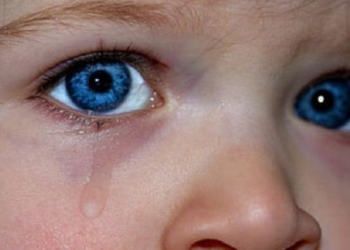There's always that time of the year everyone seems to fall ill, both at work and at home. Just as soon as one person seems to be getting better, another person goes down. More often than not, the culprit is the flu.
Flu can be caused by over 200 different strains of the Rhinovirus family and is one of the most contagious diseases known to man. It can be transmitted by touch and air. However, it's rarely life-threatening.
Although it's very contagious, certain precautions can be taken to prevent everyone around you from getting the flu when you have it.
Stay away from people.
The viruses that cause flu or a cold can easily be transmitted by coming in close contact with someone who's already infected. If you're really concerned about not passing the disease to anyone else, you'll have to stay away from them.
Simply telling the people you're ill, and don't want them to catch what you have should be enough to get them to stay away.
In addition, if you're working, it's ideal that you call in sick and stay away from work for a while. Adults can be contagious from around the first day before symptoms start to show to five days after they show. At most, a week away from work should be enough to get you clean from the contagion.
Cover your mouth and nose when you cough or sneeze.
Contagions carrying flu can easily get airborne when you cough or sneeze. These contagions are then carried in the air to other people who can catch the disease. Therefore, you have to restrict that.
Using a handkerchief or tissue should be enough to do the job. However, using them come with their own precautions.
Tissues are generally preferred to handkerchiefs because of the ease of disposal. Handkerchiefs, on the other hand, have the advantage of being easy to carry around. They can both be efficient depending on how you use them.
If you're making use of tissues, make sure to dispose of them regularly and properly.
If handkerchiefs are your thing, it's more advantageous to keep them out of reach of people and wash them regularly. Having multiple hankies also comes in handy. Wholesale for everyone allows you to own many handkerchiefs for just this kind of situation.
Wash your hands regularly.
Considering that the virus can get on your hands when you're sneezing or coughing, it pays to wash and disinfect your hands regularly.
The viruses that cause cold can survive on a dry surface for about three days. You don't want to transfer the virus from your hands to another surface where someone else can contract the disease.
Hand sanitizers can be another alternative to washing when trying to keep your hands clean.
Get a flu shot.
This is by far the best way to avoid catching the flu. Although it might not completely prevent you from catching the flu, it greatly reduces the chances.
You can also get antiviral drugs for members of your family. Although they are preventative measures, they can still be taken after the infection.













